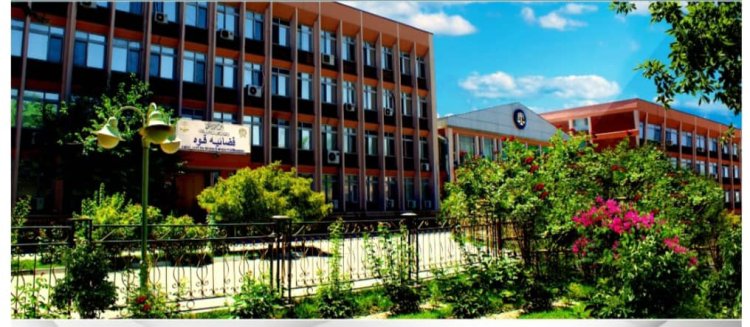Taliban publicly whip multiple people in Kabul, Laghman, and Khost for moral Offenses

The Taliban have continued their practice of public corporal punishment, whipping several men and women across multiple provinces for charges ranging from "illegitimate relations" to "running away from home" and "Luwat" (homosexual acts). According to local reports, over 30 people have been subjected to these punishments in recent weeks, despite international condemnation.
A local newspaper revealed that six people, including two women, were publicly flogged in Kabul, each receiving 35 lashes. Additionally, these individuals were sentenced to one year of penal servitude for their involvement in what the Taliban referred to as "illicit relations."
In Laghman province, four more individuals, including two women, were also publicly beaten. They were accused of engaging in an "illegal relationship" and "running away from home." One person was sentenced to three years in prison alongside 39 lashes, while one of the women received six months in prison and 39 lashes.
In a separate incident, two people in the Tanio district of Khost province were whipped 30 times each on charges of "Luwat." One of them received a four-year prison sentence, while the other was sentenced to three years in prison.
These public punishments are part of the Taliban's reimposition of their interpretation of Sharia law, which includes severe corporal punishment for acts they deem immoral or un-Islamic. The recent spate of public floggings has sparked widespread concern from human rights organizations, who warn that such acts violate international human rights norms and degrade the dignity of the individuals involved.
Despite repeated calls from international organizations and governments for the Taliban to cease public punishments, the regime has persisted in enforcing these penalties. Since their return to power in August 2021, the Taliban have reinstated many of the harsh legal practices that characterized their previous rule in the 1990s, with public whippings, executions, and restrictions on personal freedoms becoming increasingly common.
The use of corporal punishment has escalated in recent months, with the Taliban arguing that it is necessary to maintain order in society according to their religious beliefs. However, these actions have drawn widespread condemnation, with human rights groups urging the global community to take stronger action to protect the Afghan population from these practices.
The continuation of such punishments underscores the challenges facing Afghanistan as it struggles under the weight of poverty, isolation, and the rigid rule of the Taliban, further deepening the country's human rights crisis.
